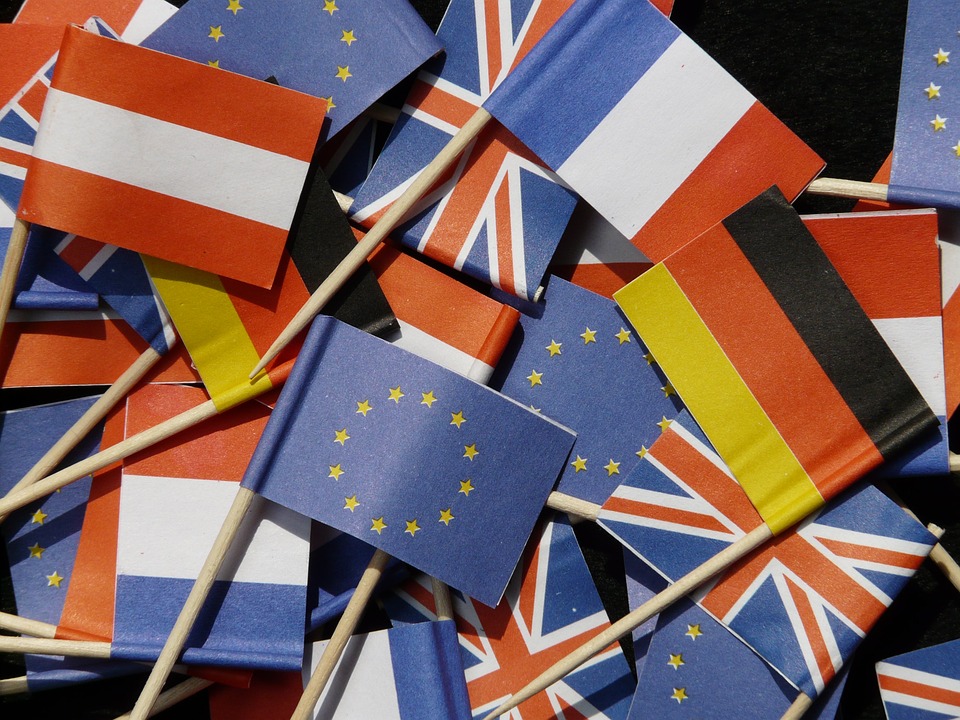The so-called unitary patent, an EU-wide patent, has been in the making for years. It is (still) not there yet; no unitary patents are being granted yet. This can be mainly attributed to the establishment of a new court, the Unified Patent Court (UPC).
This new court will have to be recognized by the member states to the unitary patent system . To that end, a court-related agreement (the UPC agreement) needs to be ratified in each country. However, not all the minimally required countries have ratified the agreement yet. Of importance in this regard is the United Kingdom, where ratification has been jeopardized, or at least has been significantly delayed, as a result of the Brexit referendum of last year. In addition Germany is of importance since in Germany judicial proceedings are delaying the ratification of the UPC agreement.
The current prognosis is that the unitary patent system will commence no sooner than May / June 2018, although even this cannot be said with any certainty.
Below you can find more about the situation in the United Kingdom and Germany, but first some additional information on the unitary patent and the UPC.
The unitary patent
The unitary patent provides an extra option for obtaining European patent protection. The unitary patent system is created by the European Union (EU). Unitary patents are granted by the European Patent Office following the same, established procedure for the grant of European patents. Strictly speaking, a unitary patent is a “European patent with unitary effect”. That is, a single patent that is valid across the member states of the unitary patent system. In the new situation the current European patent system will exist in addition to the unitary patent system.Almost all EU member states will participate in the unitary patent system. For the non-participating EU member states (Spain, Croatia, Poland) and for non-EU states (such as Norway and Switzerland) which are party to the European Patent Convention, nothing changes, because the traditional European patent remains in existence for those states and your invention can be protected in those states.
In order for the unitary patent system to take effect, at least 13 member states will have to complete all required legislative actions, more in particular the ratification of the UPC agreement. Currently 12 out of the minimum number of 13 member states, including the Netherlands, have ratified this agreement.
At least Germany and the United Kingdom still need to ratify the UPC agreement. For more information about the unitary patent please see our corresponding leaflet.
The Unified Patent Court
Concurrently with the above indicated unitary patent system, a new, unified patent court for the unitary patent will commence, the UPC.The UPC doesnot only have exclusive jurisdiction relating to unitary patent litigation but also to current and to be granted European patents in the states participating in the UPC. A transition period of at least 7 years is provided. The UPC provides for central enforcement and revocation of unitary, and conventional European patents and therefore makes national (parallel) legal proceedings unnecessary.
The UPC will have a Central Division with seats in Paris, London and Munich. Participating member states can set up local and regional divisions. A Court of Appeal will be seated in Luxembourg. Questions of EU law may be referred to the EU Court of Justice. The UPC agreement includes provisions regarding competence of the divisions in claims such as infringement and nullity of patents. The technical field of the invention patented by a unitary patent, or more specifically the patent class in which the patent is classified, determines which seat of the central division will handle the case. Chemical cases will be handled in London, cases regarding mechanical engineering in Munich and electrical engineering cases in Paris.
For more information regarding the Unified Patent Court please see our corresponding leaflet.
Current status in the United Kingdom
Before the Brexit-referendum of June 2016, the expectation was that the unitary patent system could commence early 2017. In the meantime it has become clear that the United Kingdom will leave the EU. The result of the Brexit referendum, which is unfavorable for the unitary patent system, has already caused much delay and uncertainty.The United Kingdom is essential for the establishment of the UPC, as the UPC will also be located in London. The unitary patent is intended for EU states, while the United Kingdom is preparing their exit from the EU. However, this will only take effect after some time. In the meanwhile the question is whether the United Kingdom will or will not ratify the UPC agreement. Although the United Kingdom is still taking steps to prepare for ratification, last June's elections have again caused delay. In addition, there is quite some uncertainty about the future. For example, what happens if the United Kingdom initially participates in the unitary patent system, but pulls out in a few years? What court is competent to rule on infringement and validity of European patents in the United Kingdom? And what if, withmore delay, the end of the Brexit Article 50 period (March 2019) comes closer?
Altogether the degree of uncertainty is quite high.
No effect on current European Patents
Of course, the possibility remains to validate a European patent in the UK. Participation in the European Patent Convention is not limited to countries that are also EU members. A significant part of the holders of a European patent wishes protection in the major markets, in particular Germany, France and the UK. Having a unitary patent may even be less beneficial for them, and on top of that be more expensive to keep in force than the current procedure of national validations of a European patent in four countries or less.
Current status in Germany
In Germany, something completely different from the UK is at issue since recently (June 2017). It was assumed that ratification of the UPC agreement in Germany would be a formality. However, a court case pending at the German Federal Constitutional Court (Bundesverfassungsgericht) has caused quite some problems, becausethe Constitutional Court has recently requested the Federal president to put the progression towards ratification on hold. The contents of the court case – according to speculation – would deal with the question whether structural shortcomings at the European Patent Office would affect the constitutionality of the UPC.Altogether: things are not going quite so smoothly for the unitary patent system. We will have to be patient once more and we hope that more clarity will be provided soon.
In the meantime, if you have any questions, please feel free to contact any of our patent attorneys.




